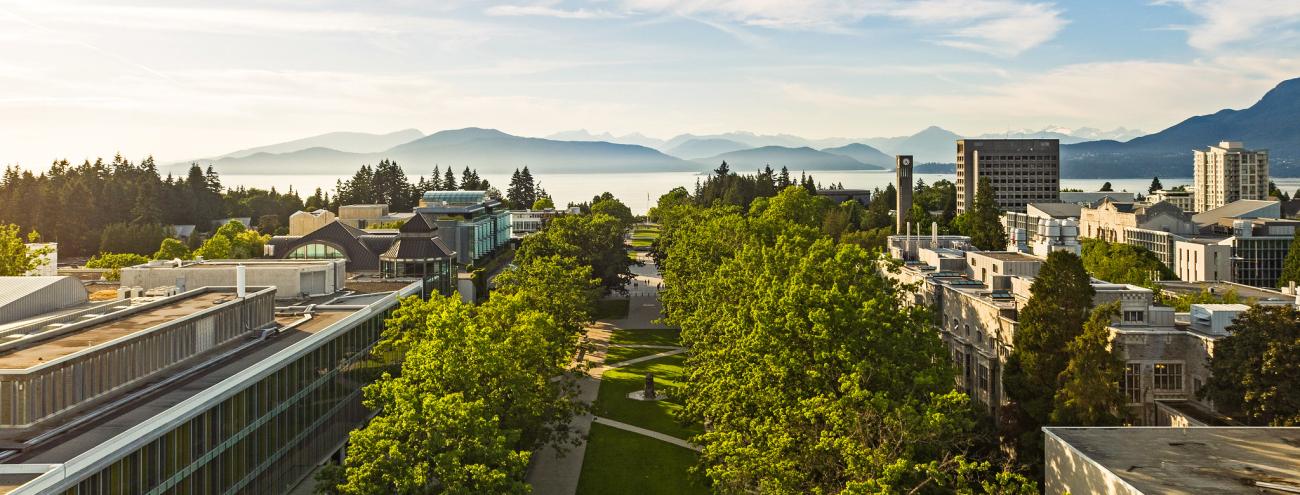
Interview: Robbin Simao, Manager, Innovation Partnerships, Sustainability and Natural Resources
Robbin Simao, Manager of Innovation Partnerships for Sustainability and Natural Resources at UBC Research + Innovation (VPRI Team), speaks to the importance of interdisciplinary collaboration at the University to address climate change.
What is the operational role of your unit on campus?
Innovation Partnerships operates centrally across the University from within the VP Research and Innovation (VPRI) portfolio. We help build university-wide research partnerships, exploring opportunities for faculty to collaborate with industry. Our partners often bring complex industry challenges for our researchers and students to integrate their discoveries, address scale-up options, unlock fund matching potential, provide student industry work experience, and translate research into impact.
What are your most urgent and pressing challenges?
A central component of our partnerships (which includes a specific focus on sustainability and natural resources) is identifying conditions to propel research translation and finding new ways to test discoveries. The impacts of our changing climate on human and planetary health have never been more pressing. Global universities create many of the solutions needed to mitigate the impacts of climate change, the challenge is finding ways to expedite innovation in order to take these discoveries beyond the research lab. Since this needs to happen faster, with broader interdisciplinarity and the political will to impact change, we feel the Campus as a Living Lab initiative can play an important role in applying this success in a UBC setting.
What potential research opportunities excite you the most, with regard to your unit’s function?
At any one time, UBC supports numerous sponsored research projects through existing Faculty relationships. But applying a broader multi-expertise lens, the opportunity exists to implement new discoveries and technologies and accelerate bringing them to life through supportive industry or government partners. What excites us the most about co-developing these research partnerships together is:
- Unlocking new funding opportunities and use cases;
- Applying digital transformation to solve increasingly complex and multidimensional problems; and
- Developing new processes to expedite innovation.
What are your operational constraints in incubating on-the-ground research?
Although we work centrally across the University, our success depends on an understanding of almost every part of our research community in order to bring people together effectively. UBC has shown incredible leadership around climate research, but our climate change and sustainability researchers are distributed in multiple disciplines and sites across the university. There is work underway to bring together this community of practice, which will further help connect our research community with industry partners.
Are there any examples of past research collaborations that you’d like to highlight?
- In 2018, UBC became North America’s first 5G campus network, a partnership that has now been extended to 2025. Our ongoing partnership with Rogers Communications utilizes the campus as a living lab.
- UBC’s many projects with the Digital Supercluster allowed us to apply our research to many climate-related areas